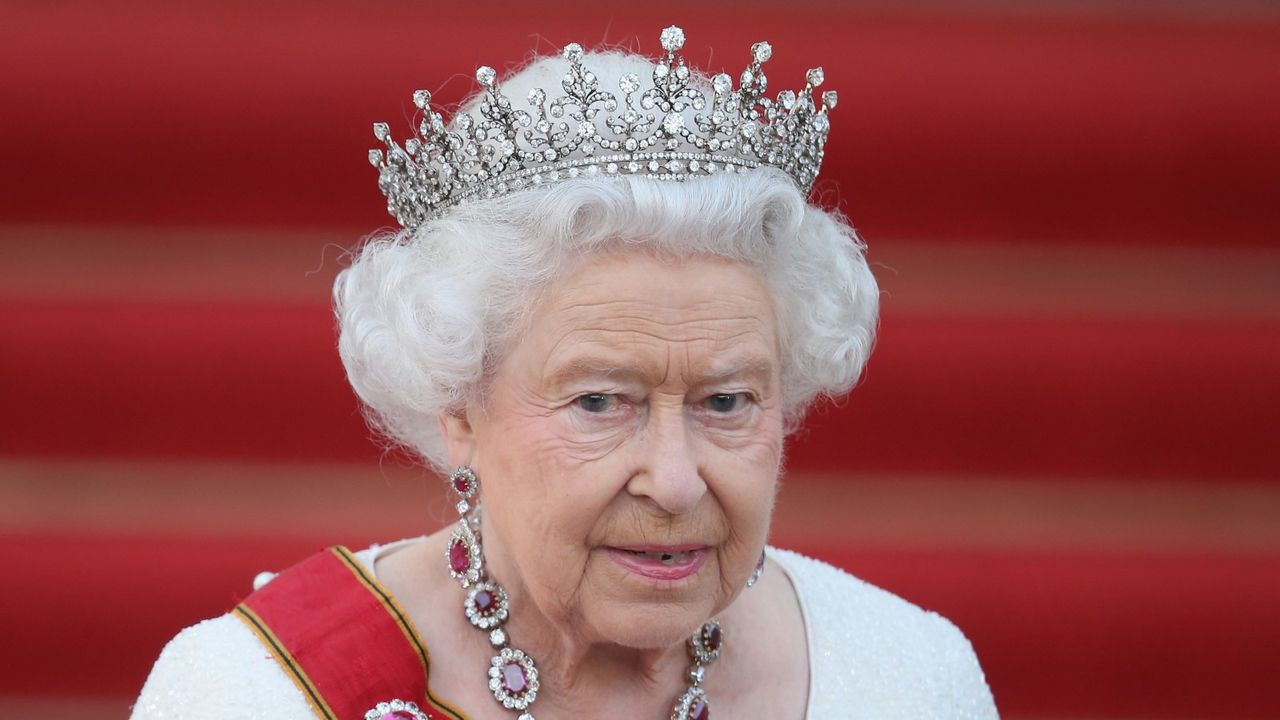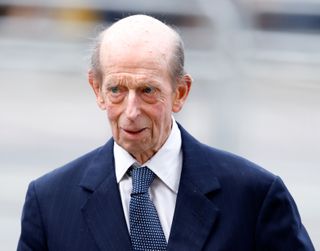Queen's intervention to save cousin from IRA kidnapping was not 'special treatment', new book claims
The Queen intervened to protect her cousin, the Duke of Kent, after hearing a rumor that the IRA was plotting his kidnapping in Belfast in 1971


The Queen personally intervened to prevent her cousin, the Duke of Kent, from being kidnapped in Belfast—but it wasn't family loyalties that drove her to make the decision.
- The Queen personally intervened to prevent her cousin, the Duke of Kent, from being kidnapped while deployed in Northern Ireland in 1971, according to a new biography.
- Her Majesty had the British Prime Minister alerted of her wishes to return Prince Edward to the mainland after hearing a rumor that the IRA was plotting to kidnap him.
- In other royal news, Queen to be portrayed by Singaporean dance student in Platinum Jubilee pageant to reflect 'makeup of Britain and London today'.
The Queen personally flagged the then Prime Minister, Edward Heath, after learning that her cousin was at risk of capture in Northern Ireland, according to a new biography.
The Duke of Kent was deployed outside of Belfast with the British Army in 1971 when Her Majesty was notified by the then N.I. Prime Minister, Lord O'Neill, that he had received a warning from the IRA.
While details of the republican paramilitary group's message were not revealed, its contents were enough to make the Queen 'worried' that Prince Edward was now a target for kidnapping if he entered the Antrim city.
According to Robert Hardman's 2022 book, Queen of Our Times: The Life of Elizabeth II, the monarch made her concerns known to her private secretary, who then relayed the information to Prime Minister Heath.

The Duke of Kent
"This was a time when kidnappings were on the up—a British diplomat had been kidnapped by separatists in Quebec months earlier—and the Queen was clearly worried enough about the credibility of this rumor that she intervened with the PM," the royal expert wrote.
The Queen subsequently had the Duke of Kent posted back to Edinburgh, just three weeks after he first arrived in Northern Ireland.
Sign up for the woman&home newsletter
Sign up to our free daily email for the latest royal and entertainment news, interesting opinion, expert advice on styling and beauty trends, and no-nonsense guides to the health and wellness questions you want answered.
Meddling in relatives' military service was not standard practice for Her Majesty, however. Hardman believes that the Head of State likely intervened to protect the British army as a collective unit, rather than her cousin as an individual.
"When it came to the Falklands, for example, the Queen was adamant that Prince Andrew should not receive special treatment," he said. "She would have been more concerned that the Duke of Kent's presence was a danger to his men."
The IRA has targeted the Royal Family on multiple occasions in the past, with their most notable attack resulting in the murder of Lord Mountbatten in 1979 in Mullaghmore. The group has also been accused of attempting to assassinate the Queen at an oil terminal in Shetland in 1981.

Hailing from the lovely city of Dublin, Emma mainly covers the Royal Family and the entertainment world, as well as the occasional health and wellness feature. Always up for a good conversation, she has a passion for interviewing everyone from A-list celebrities to the local GP - or just about anyone who will chat to her, really.
Emma holds an MA in International Journalism from City, University of London, and a BA in English Literature from Trinity College Dublin.
-
 The White Company's Hypoallergenic Mattress Topper is surprisingly affordable and a dream to sleep on
The White Company's Hypoallergenic Mattress Topper is surprisingly affordable and a dream to sleep onThe The White Company Hypoallergenic Comfort Topper offers a gentle, supportive layer to your sleep set-up for a surprisingly affordable price.
By Laura Honey Published
-
 Gwyneth Paltrow’s classic pinstripe pyjamas will keep you cool and comfortable on warm nights
Gwyneth Paltrow’s classic pinstripe pyjamas will keep you cool and comfortable on warm nightsChic and comfortable? Her stylish pyjama set is our new go-to
By Charlie Elizabeth Culverhouse Published